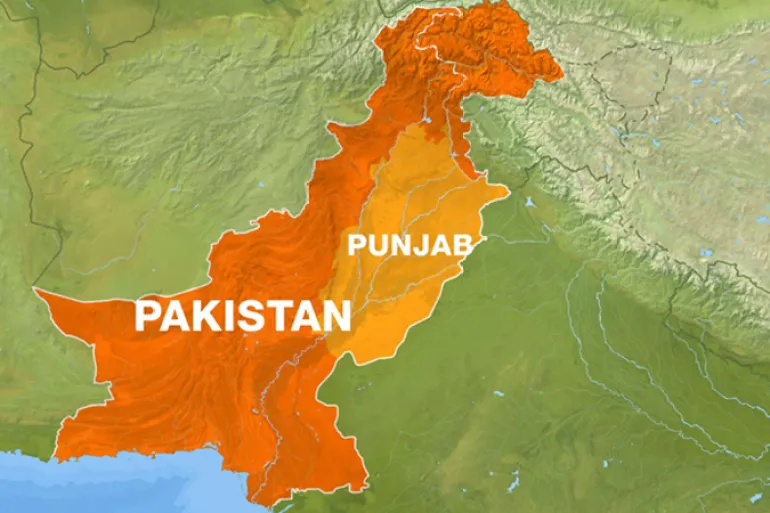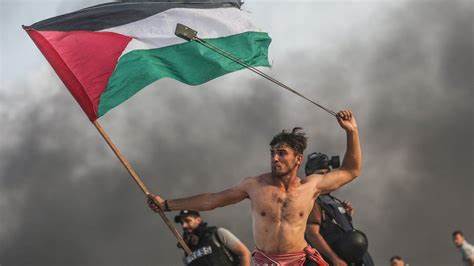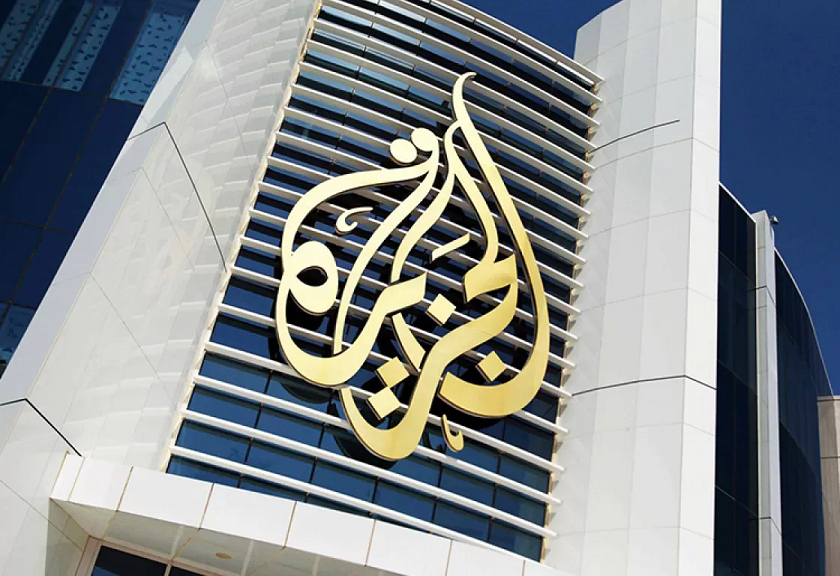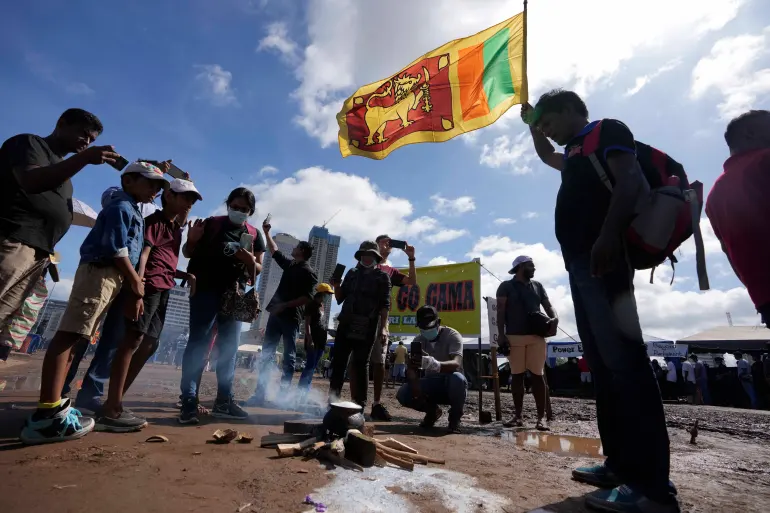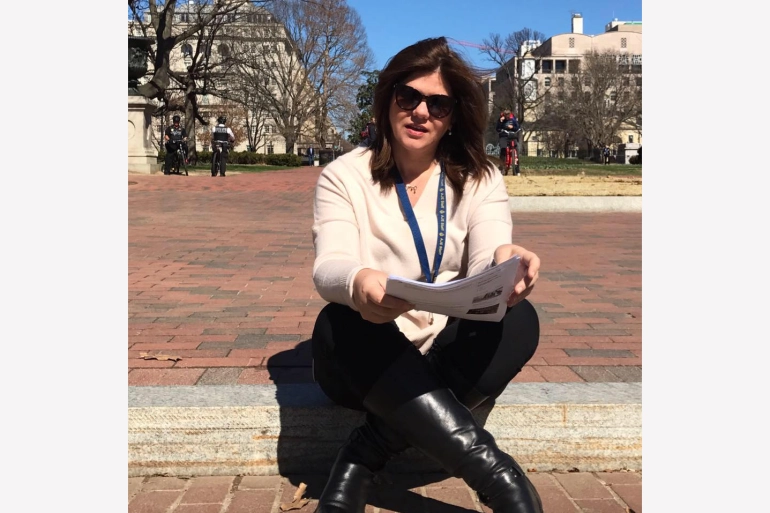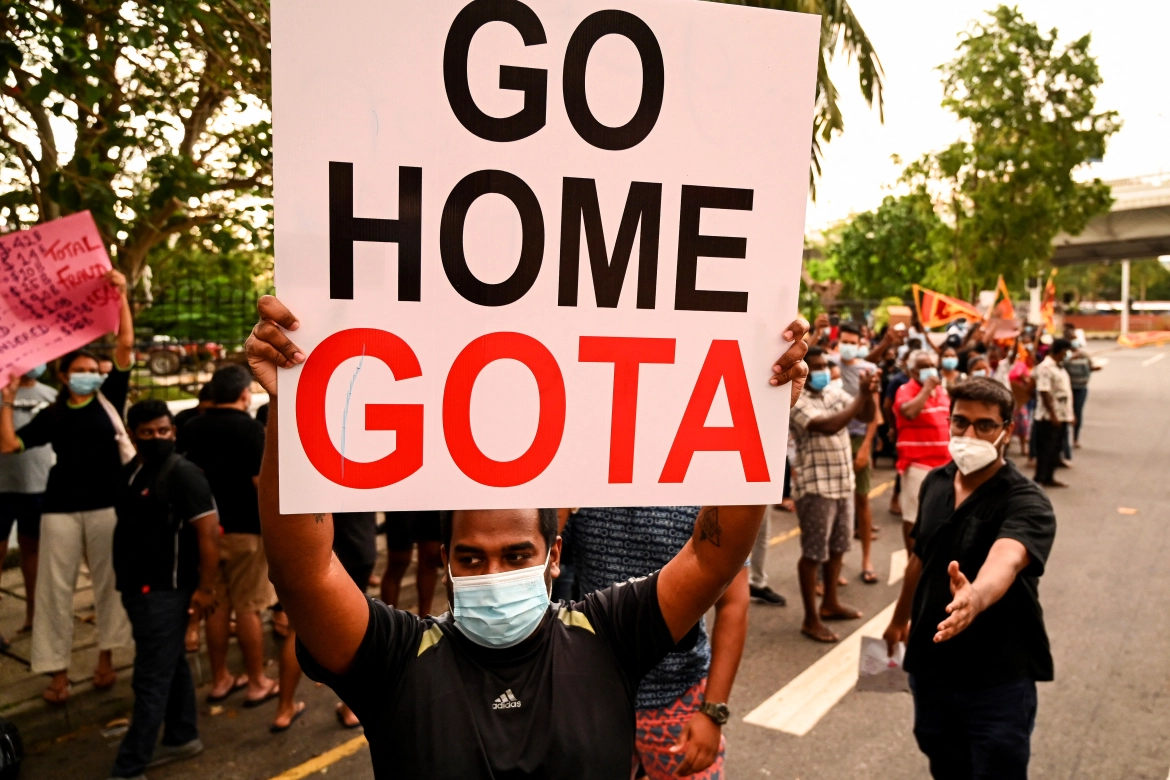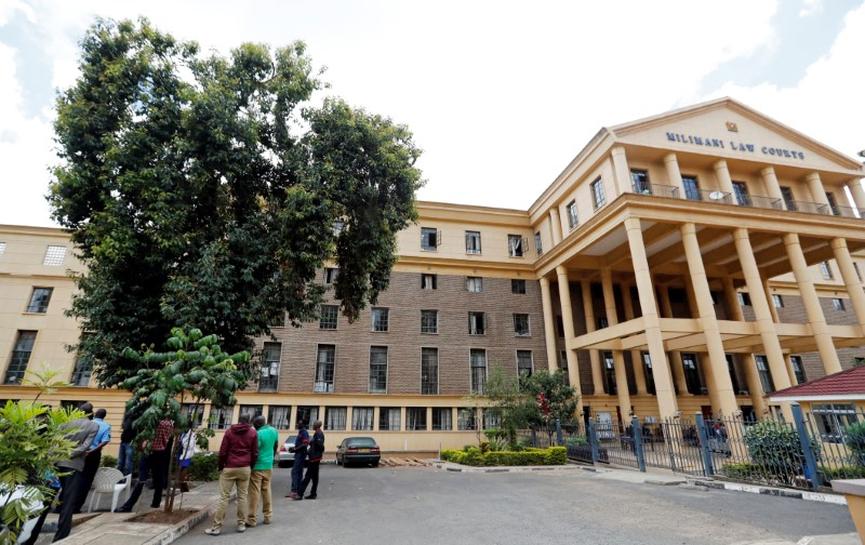UN ‘all talk, no action’ on Myanmar says Rohingya activist
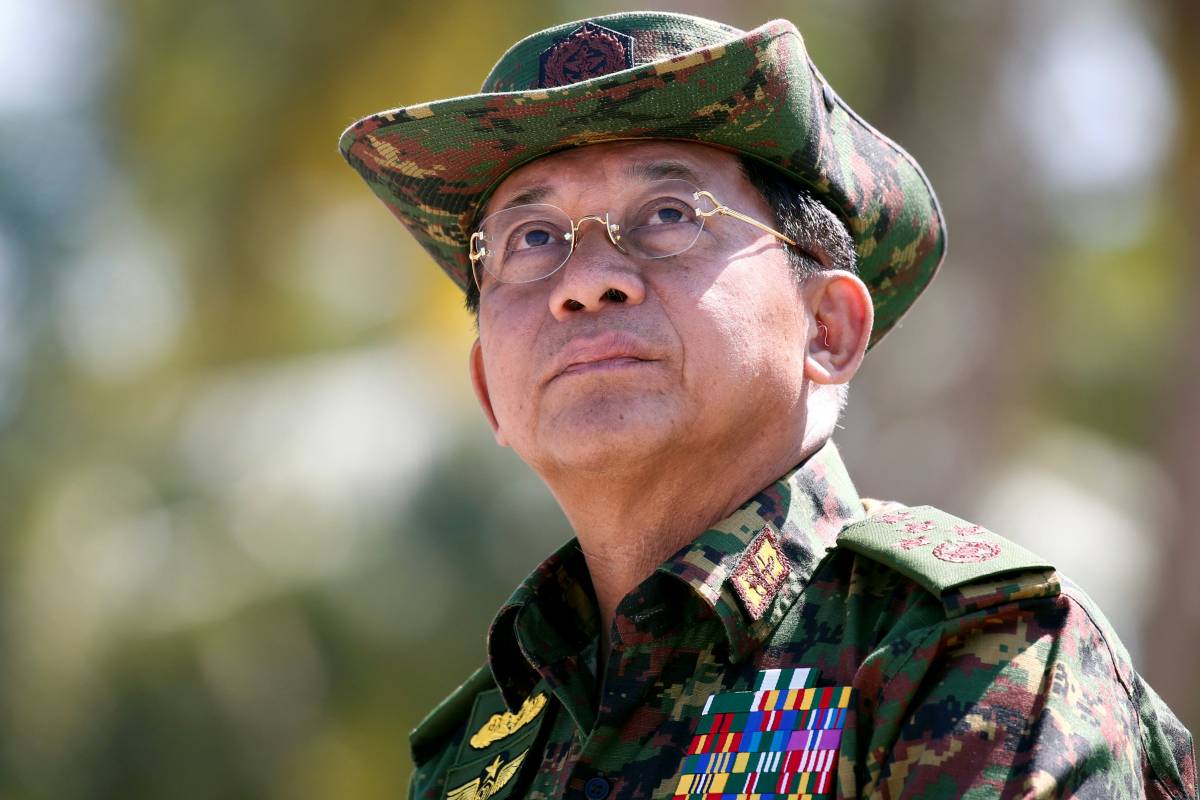
On Sunday the security forces in Myanmar killed at least 38 people. It became one of the deadliest days since the start of the coup on 1 February. At least 149 people have died since the start of the protests.
Hundreds of people who have been unlawfully detained and many reports of torture in custody have emerged.
It is believed that the level of force against the protesters is increasing.
The security forces have imposed martial law in large parts of Yangon.
The international community is increasingly calling for accountability for the human rights abuses committed since 1 February.
On 11 March the UN Security Council spoke with one voice in calling for the release of all those arbitrarily detained in Myanmar as well as respect for human rights and the rule of law.
On Sunday, the UN Secretary-General’s Special Envoy on Myanmar Christine Schraner Burgener released a statement condemning the ‘continuing bloodshed in the country as the military defies international calls, including from the Security Council, for restraint, dialogue and full respect for human rights and fundamental freedoms.’
Human Rights Watch stated that the Human Rights Council should also stand united in condemning the coup and calling for the release of all detainees and reinstatement of the democratically elected government.
The rights group has also urged countries to consider sanctions directed at the revenues from Myanmar’s oil and gas sector when it can be determined that payments are being transferred directly to the military.
Several countries, including the US, has imposed limited sanctions on military officials. Human Rights Watch has urged countries to immediately impose targeted sanctions, global travel bans and asset freezes.
‘Talk but no action’
But activists are critical of the measures taken by the international community since 1 February.
Speaking to Al Jazeera Tun Khin, activist and president of the London- based Burmese Rohingya Organisation UK, said: ‘there has been talk but no action from the UN. In part this is the fault of the UN member states, for example at the Security Council, not agreeing on action.’
According to Khin ‘the UN Secretary General could use his office to do much more. He could get on a plane and go to Myanmar himself. Instead, like everyone else he just makes comments.’
Thinzar Shunlei Yi, a Myanmar-based pro Democracy activist, says the ‘international community must stand up for the people of Myanmar’.
Speaking to Al Jazeera she said the international community should halt doing military-related business in Myanmar.’
‘The UN Security Council must refer the situation to the International Criminal Court to make sure these murderous generals are held accountable.’, says Yi.
According to the International Bar Association the coup jeopardises the prospects of accountability for the crimes against the Rohingya.
- Most Viewed
- Most Popular



